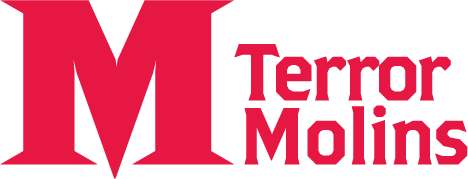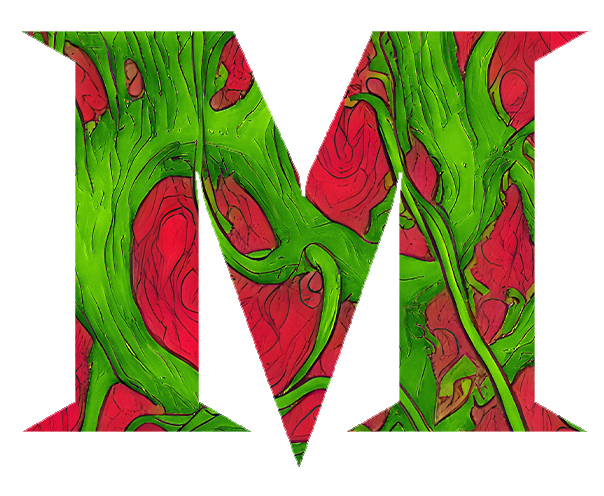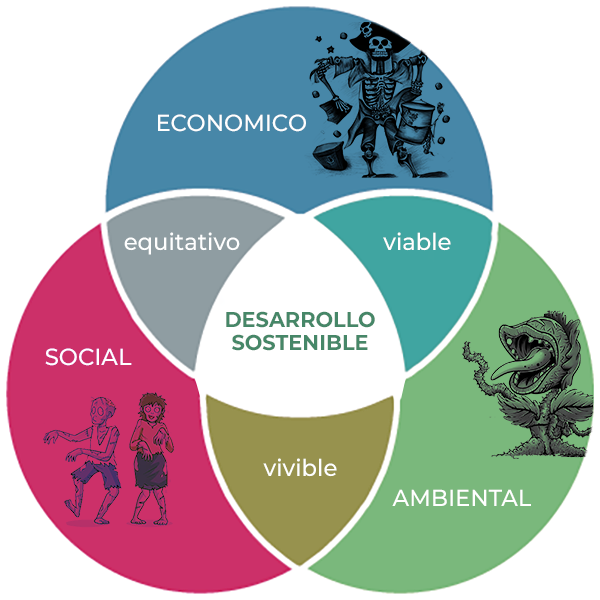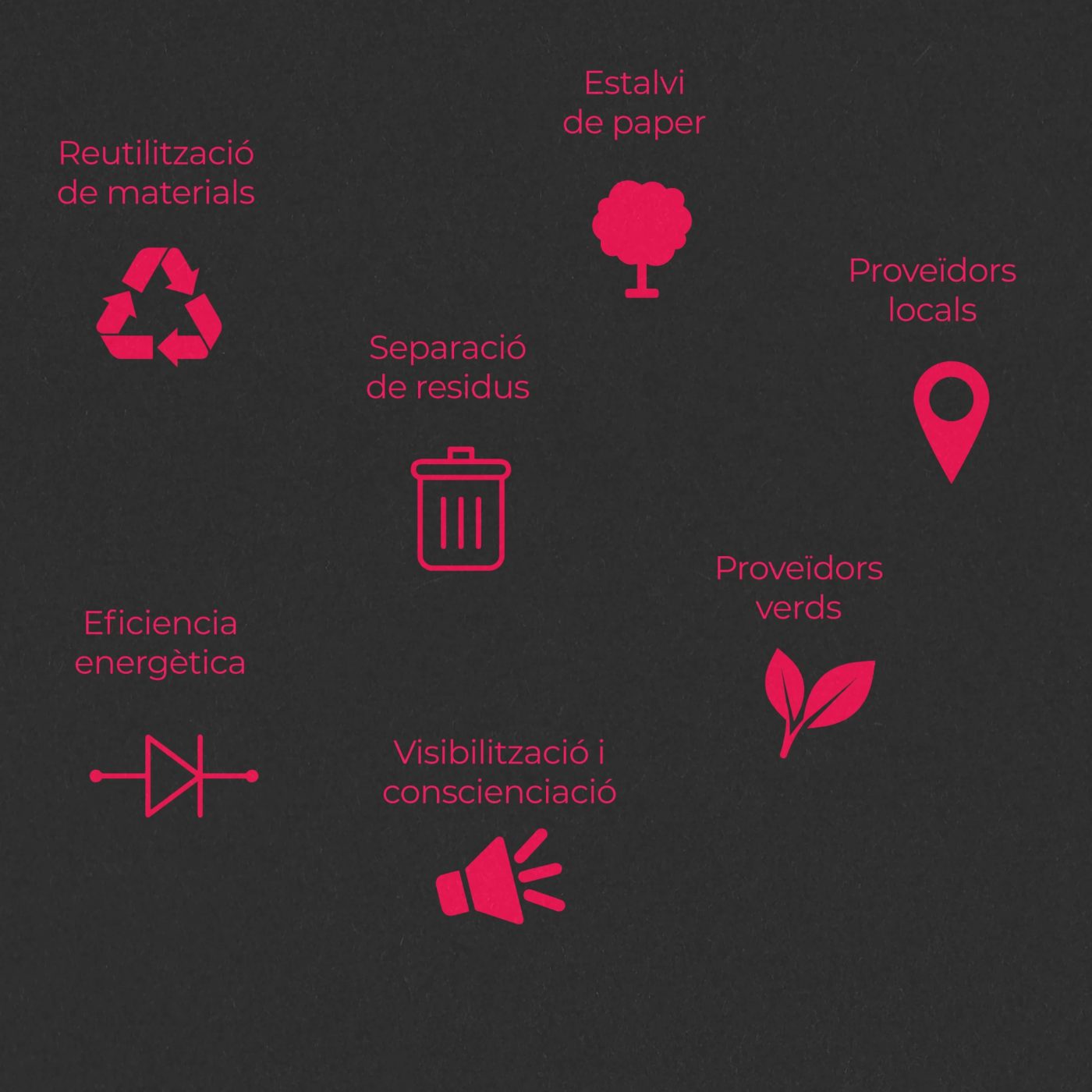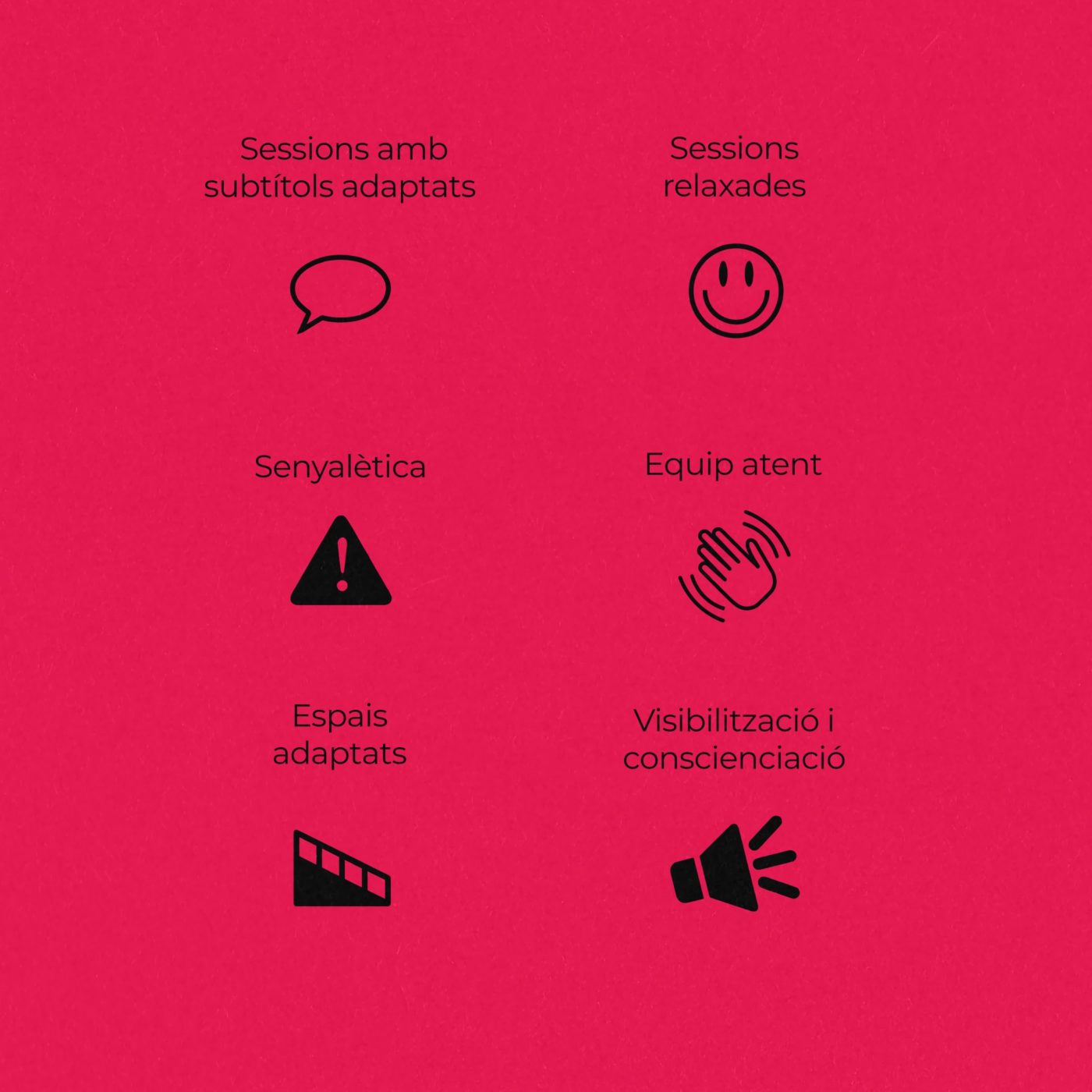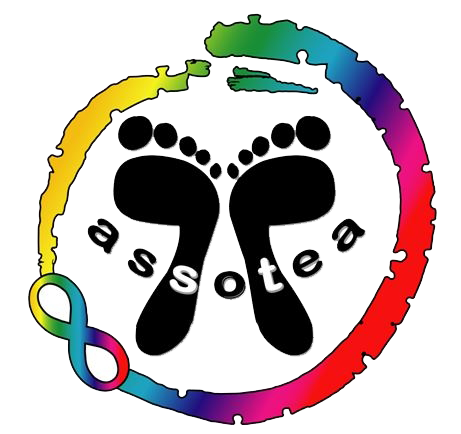Self-analysis and detailed proposal of structural changes and specific SAS actions to be carried out within the framework of the organization and celebration of the festival. It is made up of a first round of more or less immediate and acceptable measures without increasing the structural budget. The intention starting in 2023 is to implement measures of a deeper and more structural nature, based on the strategic plan, which will require extra financing to be able to support the associated costs.
This line of internal action responds to the following established objectives:
- o1) Application at the Festival of all possible SAS measures, both improvements and innovations, including structural changes necessary to carry them out.
- o2) Training and improvement of knowledge of the Festival team in SAS.
- o3) Work on establishing protocols and tools that allow measuring and monitoring the eco-social impact of the festival.
